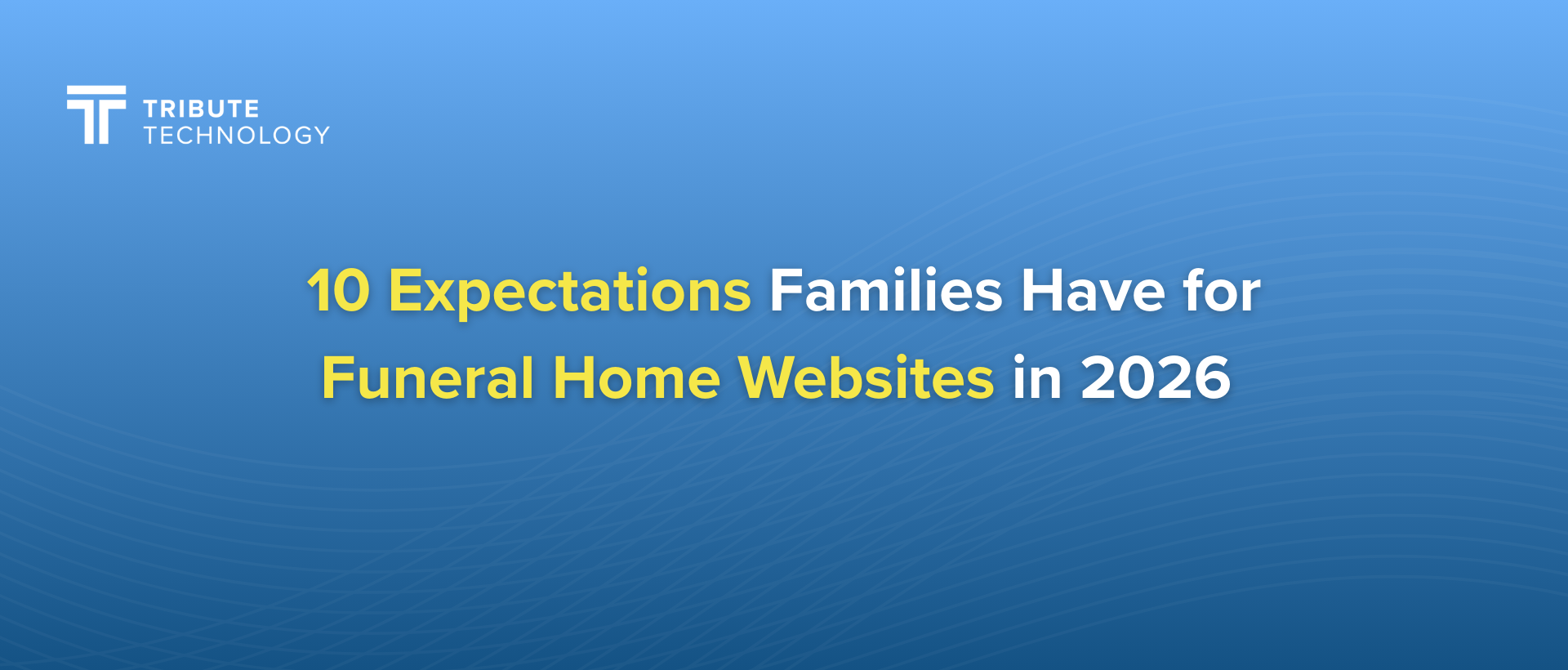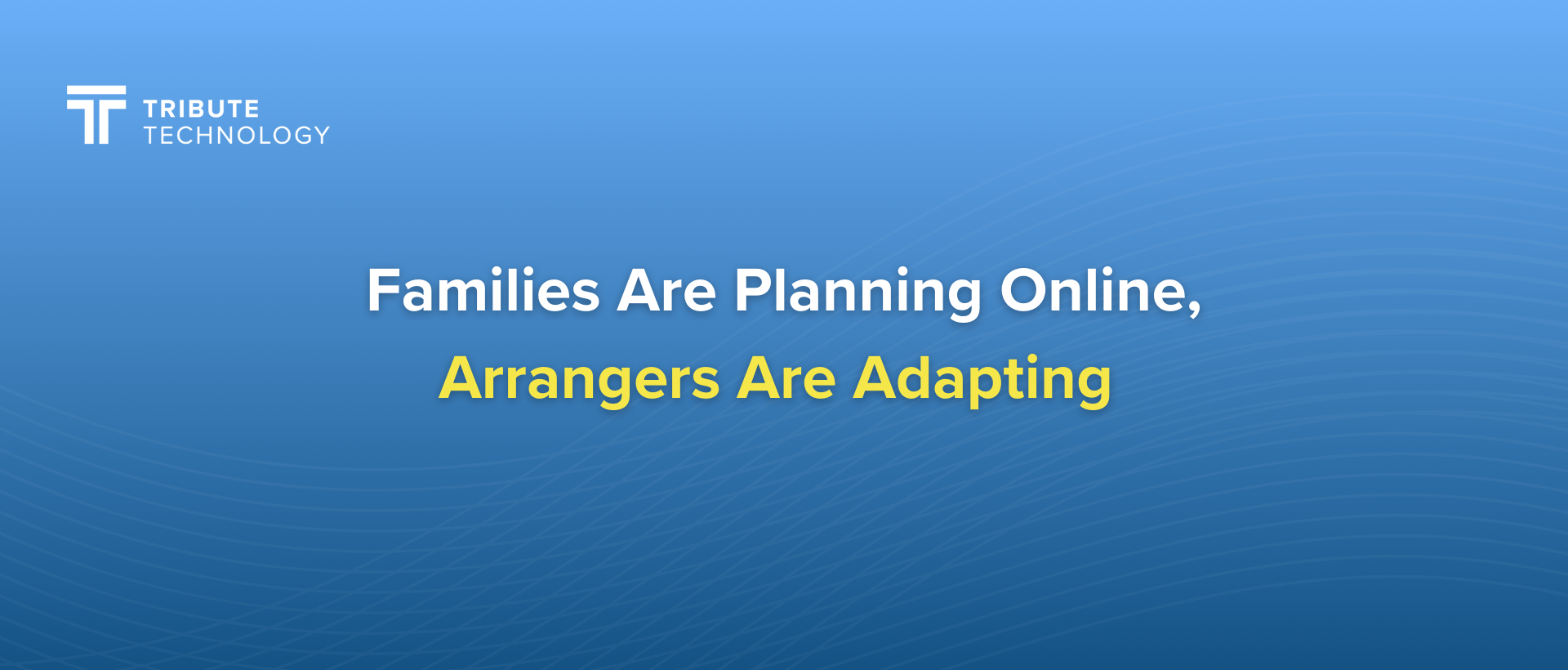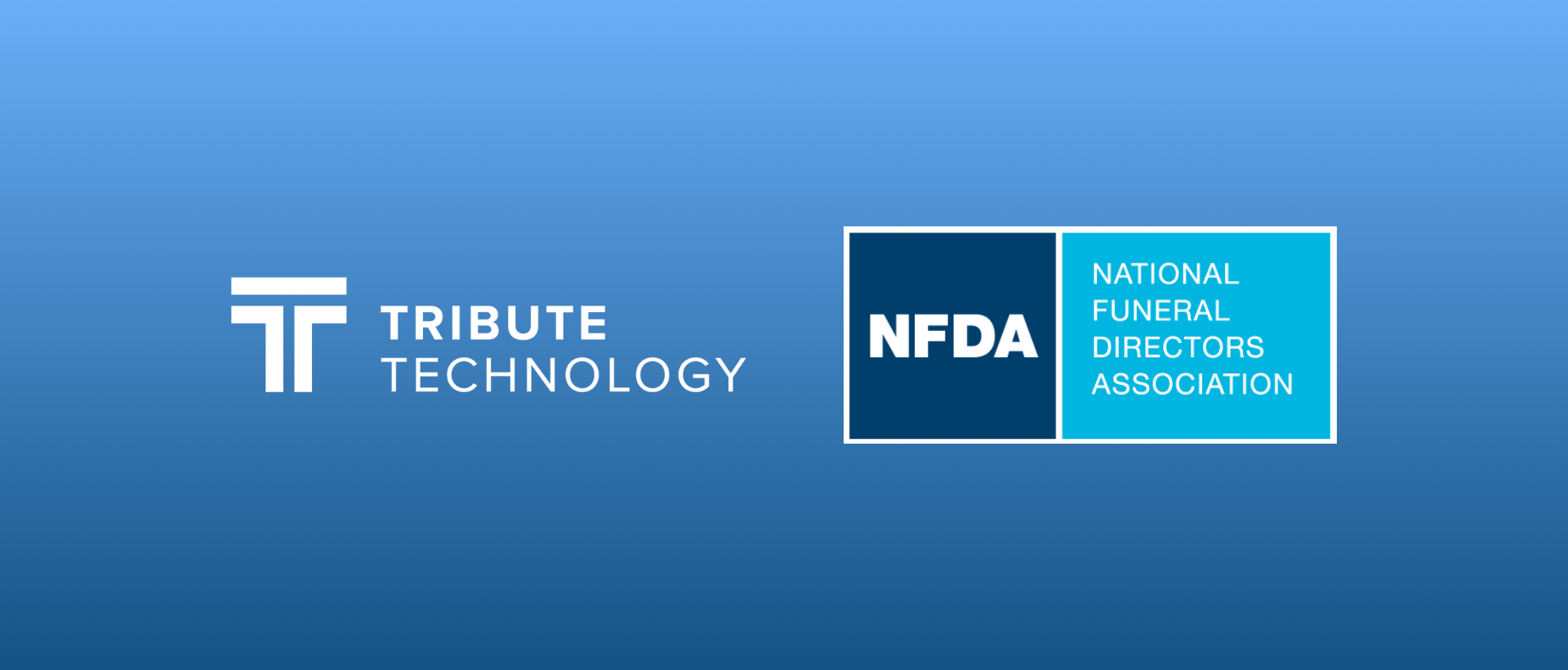Urgent Scam Alert: Credit Card Fraud Targeting Funeral Homes
Watch out for fake service requests involving third-party payment transfers.
Multiple funeral homes have recently been targeted by a sophisticated credit card scam — and we want to help you and your staff stay protected.
The scam begins with someone contacting a funeral home to plan a memorial service — often providing specific details like a clergy member, a short visitation, and live music. The request sounds legitimate, but the goal is to involve the funeral home in a fraudulent financial transaction.
Here’s how the scam typically works:
- A person posing as a family member asks the funeral home to book and pay an outside vendor (usually a band or performer) on their behalf.
- The scammer provides a credit card to cover the full cost of the service, including the vendor payment.
- The vendor, however, only accepts wire transfers, and urges the funeral home to send the money quickly.
- Once the money is wired, the original credit card charge is reversed or found to be fraudulent, leaving the funeral home liable for the loss.
Red flags to watch for:
- Requests to pay third-party vendors directly using funds passed through the funeral home
- Vendors who won’t accept credit cards or checks and insist on wire transfers
- Out-of-state callers or unfamiliar names that can’t be easily verified
- Obituaries or service details that feel generic, vague, or inconsistent
- High-dollar transactions with urgent or last-minute timing
How to protect your firm:
- Decline to act as a middleman for vendor payments
- Verify family identities and relationships when working with unfamiliar names or locations
- Trust your instincts and train your staff to speak up if something feels off
- Use caution with high-dollar transactions from new or out-of-town contacts
These scams can be convincing — but awareness is your best protection. Take a moment to share this warning with your team and stay alert for similar patterns.
If you’ve encountered suspicious activity or have concerns about a potential scam, contact your local authorities or report it at reportfraud.ftc.gov.












